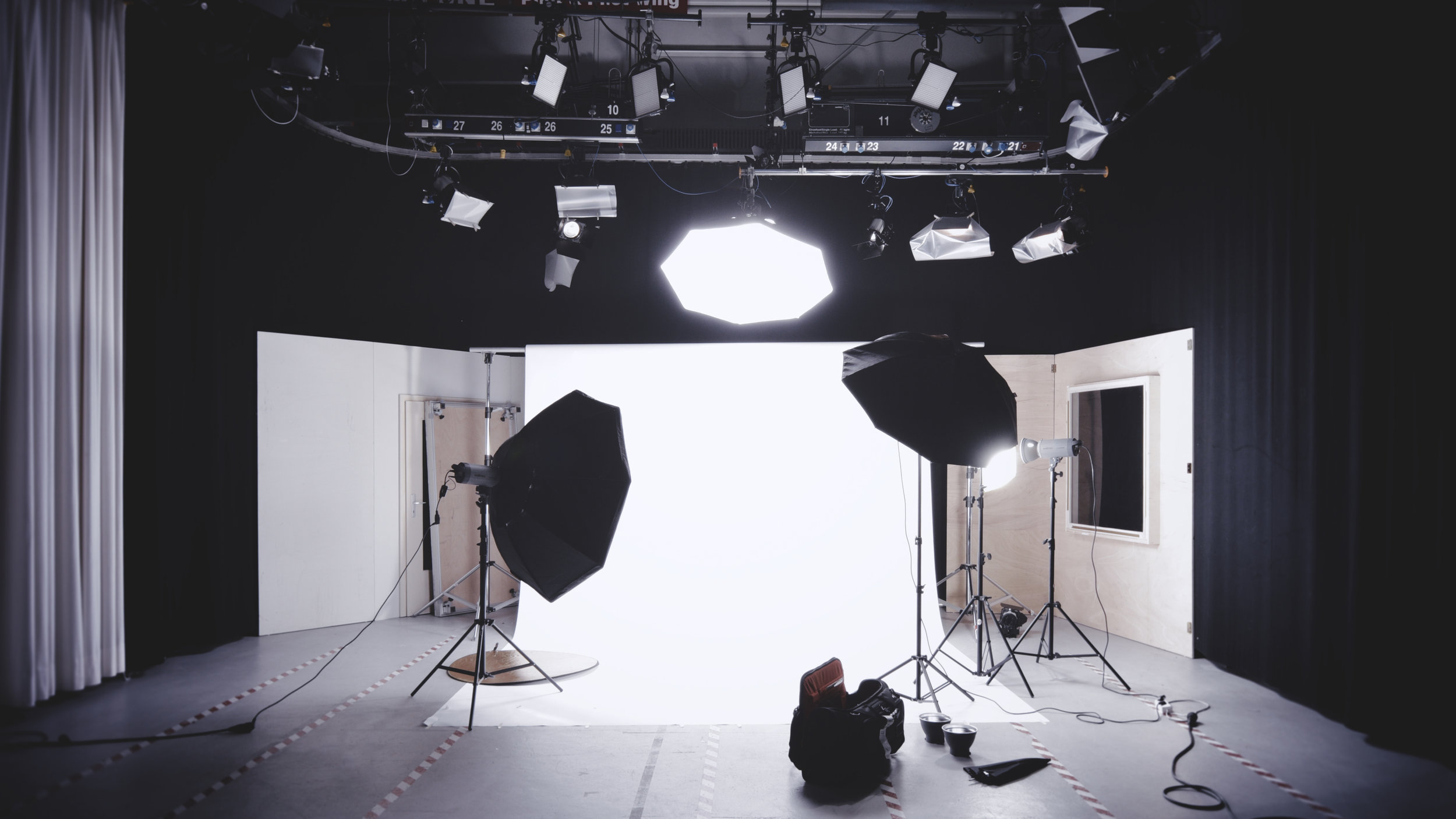France now requires all retouched, airbrushed or altered photos to come with a warning. The purpose of the new law that went into effect Sunday, is “to avoid promoting inaccessible ideals of beauty and to prevent anorexia among young people…Exposing young people to normative and unrealistic body images leads to a feeling of self-depreciation and poor self-esteem that can have an impact on health-related behaviour” according to their former health minister, Marisol Touraine.¹ So what are we doing in the U.S.? Consistently viewing photos of faces and bodies as if they are truthful when they are not, is damaging. Even when you might intellectually understand an image is changed, you may respond emotionally. You may compare your actual appearance to photos that are only versions of the truth. In fact, we know from the data:
— that mass media has negative effects on both disordered eating and body image,²
— that exposure to celebrity and peer images increases body dissatisfaction, especially for those who engage in more appearance comparisons³
— and that these images can lead to low self-esteem, depression, eating disorders like anorexia and bulimia, exercise addictions, unhealthy/negative attitudes towards sex, sexuality and body image.⁴
What if all photoshopping had to be labeled? How would that change the way we take in media? How might that positively impact health outcomes? Advertisers are responsible for the truthfulness of their copy. Why not pictures as well? We want to be able to count on honesty when buying products and when viewing bodies, faces, and the impact of products.
There are some positive trends to note that extend beyond France’s new mandate. The US regulatory authority held Maybelline and Covergirl accountable for excessive photoshopping, leading to both pulling ads several years ago. This is a great start, but it’s not nearly enough. Too often commercial images set unrealistic standards. We need to advocate that the Federal Trade Commission tackle truth in advertising as it relates to images that have been changed. Let’s keep this international and national positive momentum going. For any commercial use, label photoshopped, airbrushed, retouched or false images as such or keep them real. Let’s all speak up and speak out. Let’s follow France’s lead.
Sources:
[1] Chazan, D. (2017). Telegraph.co.uk.news. Photoshopped images to come with a new warning under new French law, October 1.
[2] Holland, G & Tiggerman, M. (2016). A systematic review of the impact of the use of social networking sites on body image and disordered eating outcomes. Body Image, doi: 10.1016/j.bodyim.2016.02.008
[3] Brown, Z & Tiggerman, M. (2016). Attractive celebrity and peer images on Instagram: Effect on women’s mood and body image. Body Image, doi:.org/10.1016/j.bodyim.2016.08.007
[4] Waller, D. et al. (2015). Photoshop and Deceptive Advertising: An Analysis of Blog Comments. Studies in Media and Communication, doi: 10.11114/smc.v3il.841



